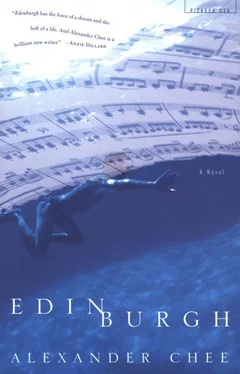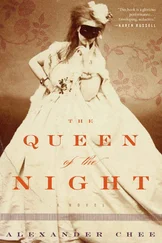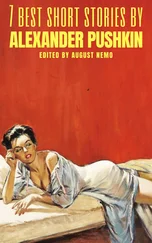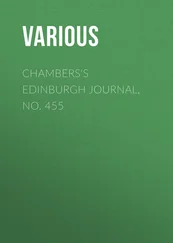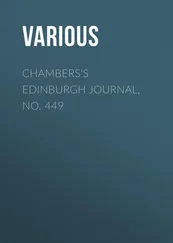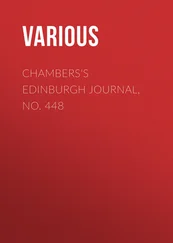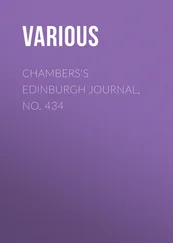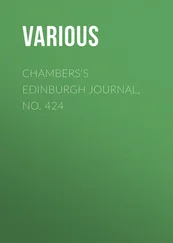I wish you’d wait a few days to see if the storm will pass, she says, brushing her pants. She has just come in from the woodshed, to add logs to the three woodstoves that heat her reconditioned farmhouse. She is built like my mother, and has about her a similar tightness to her movements that gives no indication of her actual strength. She runs a hand through her hair. I’ll feel stupid calling your mother to tell her you died of exposure, she laughs.
If I die I’ll call her myself, I promise. And then I heave the pack on my back.
You have enough gas, she calls from the door, as I settle onto a snowmachine I rented that morning.
I do, I reply.
All right then, she says, and then she may have said something else but it disappears in the roar as the machine runs under the choke. She steps back in.
Ice storms appear first as rain, and then sleet, neither of which is an ice storm.
Even as I head down the trails, the machine banging over the hard-pack snow, I don’t think of it then. I think of nothing. January-thick white snow is everywhere. The new year is under way, and the snow makes everything seem perfected, cleaned off and put away until the spring. The evergreens are the suggestion or the idea of a tree, a green shadow helmeted in white. And the bare trees, arterial, reach out as if they give up something of the earth to the air above.
I reach what I decide is to be my campsite, situate my tent, and dig a pit to hide my food. I settle in for what turns out to be a long meditation in a quiet so vast my heart and breath make a racket. I bank a firepit and build a fire.
The sky becomes an ink wash, black scattered by water. And then light again. The sun lights down where it can, as if trying to grab hold. Help me, the sun seems to be saying to the little fire at my feet. I am now to be on the side of the cold and as the ice begins to come I am glad. The sun has every other day to hold us. Now is the storm’s turn. I let my fire go out, stay where I sit, the cold rising across me.
The storm is a glazier. Then fog passes through, touches the cold trees to add to the ice already there. Here the wind spins glass from the water it has stolen off the sea and the lakes, off the hair on my head and the breath out of my mouth, the storm takes the water from us all everywhere, to make of a mountain range a stained-glass depiction of a saint no one knows. A cathedral for cold January, a place for this gray bitter month, that everyone hates, to come and hide and pray for mercy, to pray to stay, when everyone else wants it to leave.
I walk down to the edge of the lake, picking my way through the dark woods. The ice here is relatively new. I set out on it, praying it will break. It’s a coward’s way, asking the lake to take me, but I decide that’s how it should be. There’s an island out about a half mile from the shore and I head for it. Death by exposure seems easy to achieve: to lie down in the snow during the storm was a time-honored Inuit passage to the other side of life. The blue expanse of the winter night would wrap you and you would become simply part of the blue, as easy as that. But it requires a patience for the journey, I can see.
When the ice breaks, I forget what I came to do. My left leg slips through snapping ice. My face slams hard as my leg goes through, cold and then warm again. I curse and roll and as I roll, my legs whipping up through the air, I can feel the ice cut me open.
I tear off a piece of my T-shirt and wrap my shin. And I crawl on all fours for the first thirty yards back, limp the rest. I laugh in the cold dark.
Back at my tent, I see red in my fire coals. I add wood, blow on it. Fire again leaps off the bark. The sky now the blue of the underside of a flame, as if above us heaven burned. Some part of me hopes it is true. That Peter is there, spreading fire as he walks from cloud to cloud.
The next morning the trees split from the cold. The water freezing inside the trees tears the fibers of the wood, and the wind pulls them apart. On the drive back, everywhere I look, sharpened sticks instead of trees. Back at school, Coe asks about the bruise on the side of my face and I show him the cut on my leg as well. You’re crazy, he says.
Yes, I say. That’s about right.
16
It was perhaps my drawing master who made me a ceramics major, but it never matters who makes you, ultimately, only that you are made. In any case he helped me find what would end up being the way I would choose to live, for which I am grateful. He was a visiting professor from Germany and as our final assignment we were to do drawings, ten in a series. A tall man who walked like a limping horse and spoke through a gentle voice a broken patter of English and German, he was often seen walking under the trees and looking up through their branches in just about any part of campus. I could be anywhere from a Ph.D. carrel in the library to a friend’s dorm room and there he would be, striding confidently, intent, but of course with the limp that seemed almost a choice, and it would have been suspicious if there weren’t any sign anywhere of him spying. He was entirely internally preoccupied and it mattered not at all what was going on around him unless it had something to do with something he was drawing. I once saw him leaving the cafeteria with a paper towel stretched between his hands, seven strips of cooked bacon balanced there. He saw me and said, I’m drawing them, don’t worry. You can come later and eat them if you like.
He himself did what he called tender lines. He drew without looking at the paper and with both hands, using pencil, always, that he would rub upward instead of down. He would point at drawings and say of the lines, Do you see, this is another language from this, they are not talking to each other. Or, he would say, You must erase these. There is too much architecture here. He taught the advanced class for majors and he spoke of lines in drawings the way poets speak of lines in poems. This is the best line, he would say, and touch it. The others are only imitating it. You must get rid of them. Start over and keep this only. I hated drawing this way. It made me unsteady, and the figures looked ugly to me. I drew my assignments in one hand.
I had done for my drawing project nude studies of five boys on the crew team. I admit to having had a more than ordinary amount of fun doing this, but it was also for me an attempt to release what turned out to be an extraordinary amount of lines inside me that awaited figures. These figures. I had wanted to draw these guys for years, and so they would come over in the afternoon when the light in my room was best and there on my comforter I would arrange them in a pose. They had the unselfconsciousness of athletes, the body was this thing they used to go fast, they liked the one they had because as yet it had met almost all their demands of it. They accepted the idea as I put it forward to them and enjoyed the afternoons we spent this way, two drawings per athlete. I remember Mike as being particularly beautiful nude, without an ounce of spare flesh to him anywhere, almost a physician’s muscle chart, and Rich had hair all over his body, like a pelt. Ian, my former coxswain, looked particularly the part of a St. Sebastian, and then Coe, who was so breathtaking that I could almost not draw him. It was all I could do not to rush over to the bed. Aaron studiously enjoyed himself. We both knew that there were two reasons I was drawing him this way, and he knew that the second reason would never express itself past the drawing, and was fine about it. His enjoyment would be in offering for my eye what he would refuse the rest of me.
I don’t know what these are, the drawing master said, when I presented. The class would have laughed had they not known something of what was next. The drawings were beautiful, I had thought. They were tender, I thought. How could they fail? He reached a finger up and he said, they are like perno.
Читать дальше
